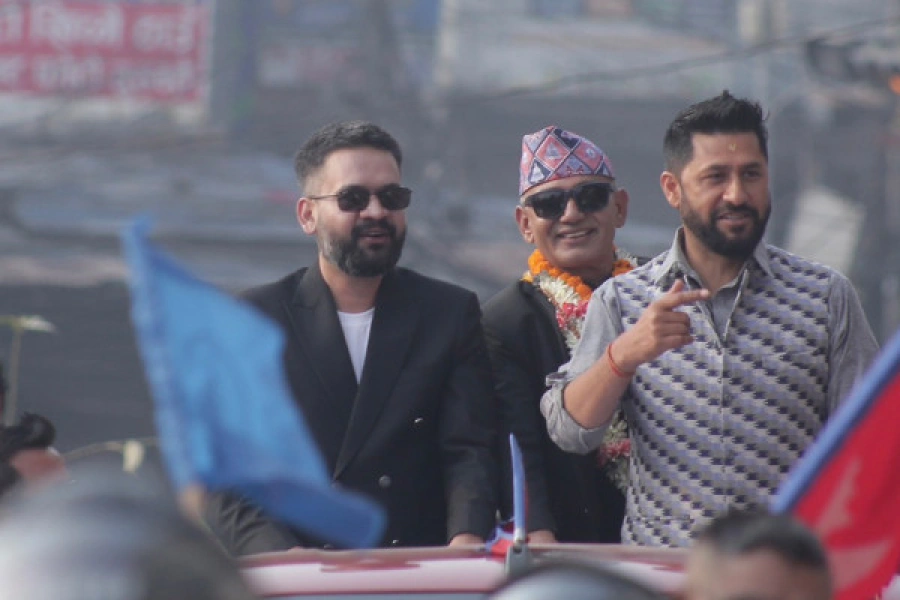KATHMANDU, Feb 9: The Bangladesh, Bhutan, India and Nepal (BBIN) Motor Vehicles Agreement that had been signed more than four years ago is likely to gain momentum with the signatories showing consent during a multilateral meeting in New Delhi, India on Saturday to take it forward.
The motor vehicles agreement seeks to facilitate seamless movement of cargo and passengers across borders between the countries.
This is the second meeting since the accord was signed on June 15, 2015. During the last meeting held in Bengaluru, India in January 2018, the four countries had discussed on two protocols of the multilateral agreement.
Nepal, B’desh, India mull implementing BBIN motor vehicle deal...

The idea received a setback after Bhutan in 2017 pulled out of the accord, citing environmental concerns. Bhutan, the smallest country in the four-nation group, was concerned it would face environmental damage if cargo vehicles were allowed in from other partner countries. Bhutan, however, has now given its consent for the remaining three countries to move ahead excluding it.
Bhutan participated in Saturday’s as an observer, according to a press statement issued by the Ministry of External Affairs, India.
Gopal Prasad Sigdel, joint secretary at the Ministry of Physical Infrastructure and Transport, had led the Nepali delegation.
Likewise, Mohammad Sarwar Mahmood, director general of the Ministry of Foreign Affairs, Bangladesh; Vikram Doraiswami, additional secretary at the Ministry of External Affairs, India and Pem Tshering, legal officer at the Ministry of Information of Communications, Bhutan, were among the participants of the multilateral meeting.
According to the press statement, the meeting discussed on passenger and cargo protocols. The meeting underlined the need for enhanced regional connectivity, including through facilitation of regional cross-border road transport.
The meeting reaffirmed carrying out bilateral agreements within the group including those relating to landlocked countries. The participating delegates also agreed to consider expediting the memorandum of understanding to be signed at the higher level.
According to the officials at the Ministry of Industry, Commerce and Supplies, the protocol has incorporated standard operating procedures, vehicle weights, axle loads and dimensions, road designs and construction standards, prescribed routes, tax rates and fees, transit fees and charges as per international conventions, and dispute settlement clauses.
Provided the agreement is materialized, it is expected to reduce logistics costs on trade, which are significantly higher in the South Asian region. Although Nepal and India have consented bilaterally fro seamless vehicular movement, it has not come into practice. Currently, Indian passenger and personal vehicles are given permits at border customs points while Nepali vehicles have to receive permission from the Embassy of India in Kathmandu.




































